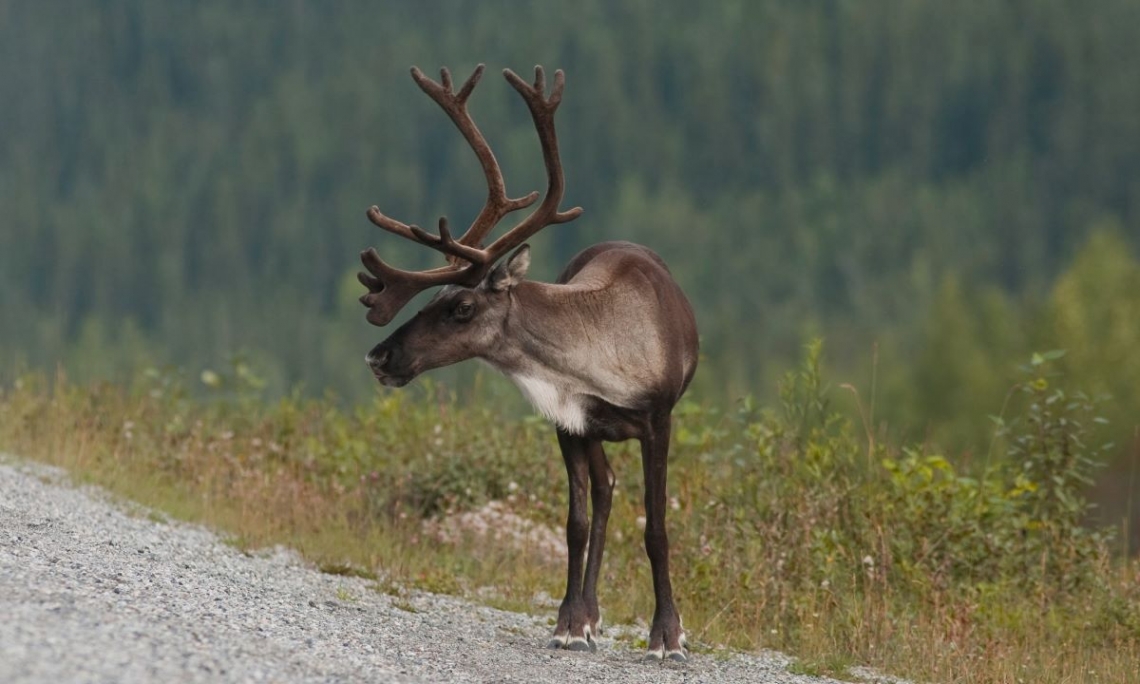Characterizing, Mapping and Modelling Aboriginal Traditional Knowledge about Woodland Caribou in Saskatchewan in Support of Range Planning


Project Description:
The objective of this project was to engage local communities (First Nations and Métis) in central and northern Saskatchewan, in order to document local and traditional knowledge (WCTEK) of boreal woodland caribou to support the provincial range planning process for conservation of woodland caribou. This report is based on a study from November 2014 to March 2017 within the boreal woodland caribou range in Saskatchewan. The success of WCTEK research is ultimately determined by the willingness of communities and individuals to participate and share their knowledge. we conducted 56 individual interviews, two full group meetings (meetings devoted exclusively to data collection) and four other meetings (organised for other reasons such as trappers annual meetings but that allowed us to collect data) and 12 information sharing meetings (to discuss the data collection process, listen to stories about caribou, collect additional data, and receive feedback on our findings). The group meetings and personal interviews totalled 153 people, while the information sharing meetings include 300+ trappers from northern Saskatchewan.
Project Outcomes or Intended Outcomes:
Written summary report and GIS mapping file of the habitat model for boreal caribou across Saskatchewan based on Traditional Ecological Knowledge.
Written Report:
Mamun, A., Brook, R.K. 2017. Characterizing, Mapping and Modelling Aboriginal Traditional Knowledge about Woodland Caribou in Saskatchewan in Support of Range Planning. Technical Report to the Saskatchewan Ministry of Environment.